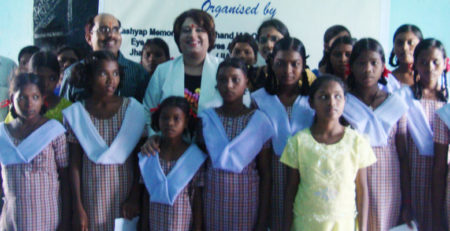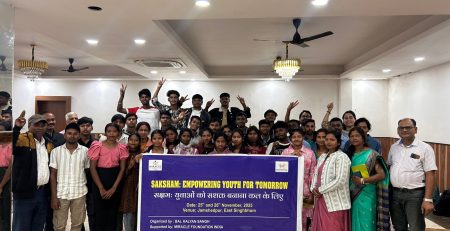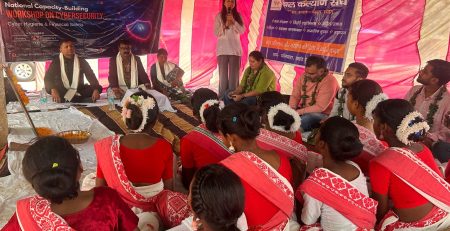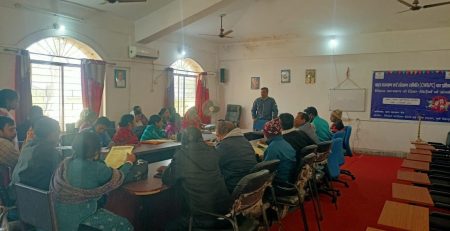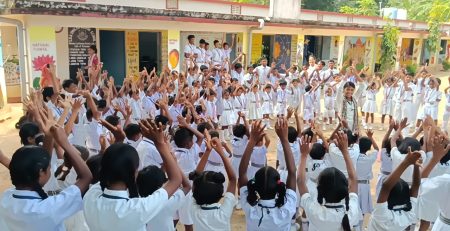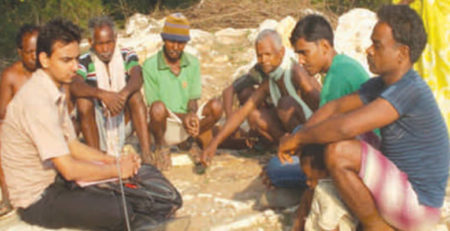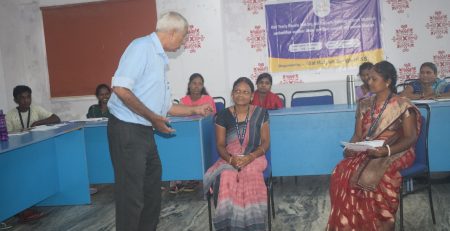Statewide Consultations in Jharkhand Strengthen the Fight Against Child Labour
To strengthen efforts for the elimination of child labour in Jharkhand, the Labour Department, Government of Jharkhand, in collaboration with Bal Kalyan Sangh (BKS) and the International Labour Organization (ILO), successfully conducted five divisional-level consultations across the state. These consultations, held across North Chotanagpur, South Chotanagpur, Palamu, Kolhan, and Santhal Pargana divisions, aimed to make the State Action Plan (SAP) more inclusive, practical, and grounded in local realities.
More than 450 stakeholders actively participated in this process, including representatives from Labour and Police Departments, Child Welfare Committees (CWCs), District Child Protection Units (DCPUs), Childline teams, Panchayati Raj Institutions (PRIs), and civil society organizations. Through structured district-wise Focus Group Discussions (FGDs), participants contributed actionable insights around the four core pillars of the SAP: Prevention, Rescue, Rehabilitation, and Monitoring.
The consultations highlighted region-specific challenges such as seasonal migration, weak community awareness, gaps in inter-departmental coordination, and the need for stronger rehabilitation support. Participants shared both field experiences and policy-level suggestions, reinforcing the need for community-driven interventions alongside systemic reforms. These insights will now inform the upcoming revision of the State Action Plan, ensuring it is both responsive and implementable across rural and urban contexts.
This collaborative process marks a major step forward in Jharkhand’s commitment to building a child labour-free state. With the dedication of government departments, civil society partners, and support from the ILO, the foundation is being laid for a stronger, more effective response to child labour—one that is rooted in local realities and guided by collective action.







